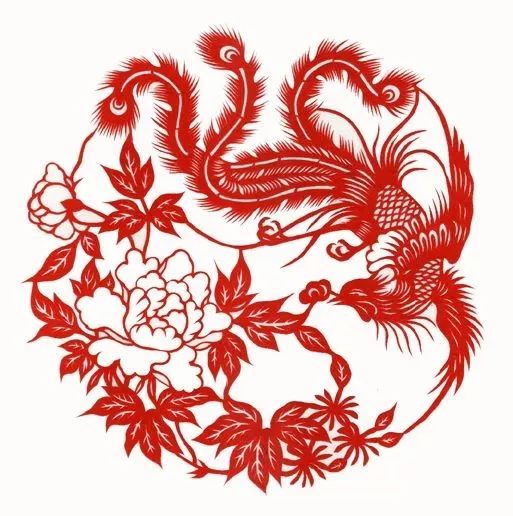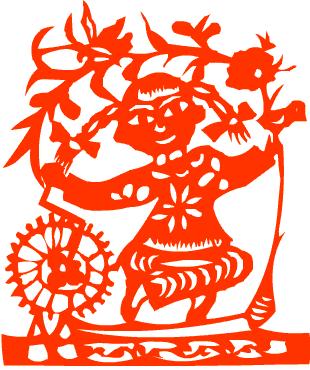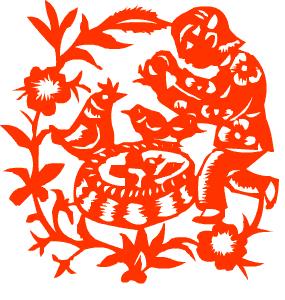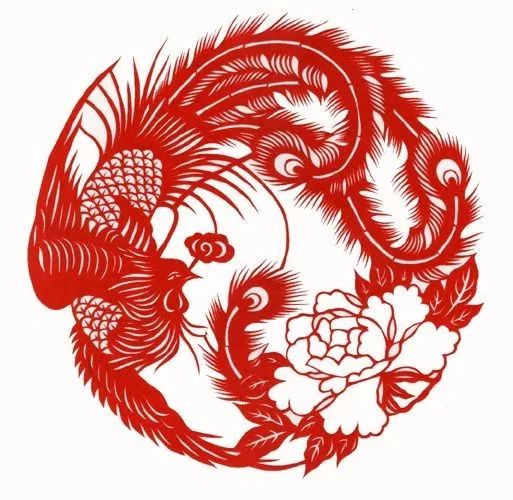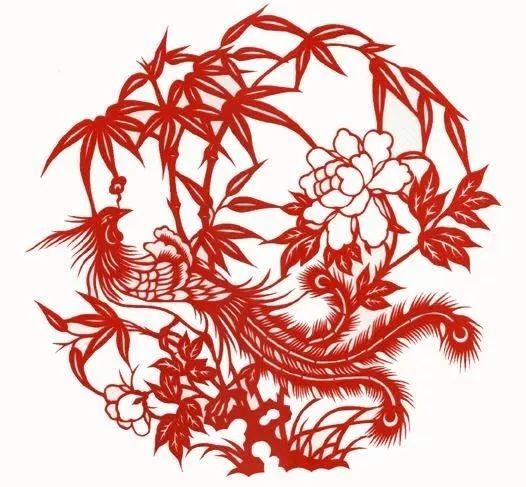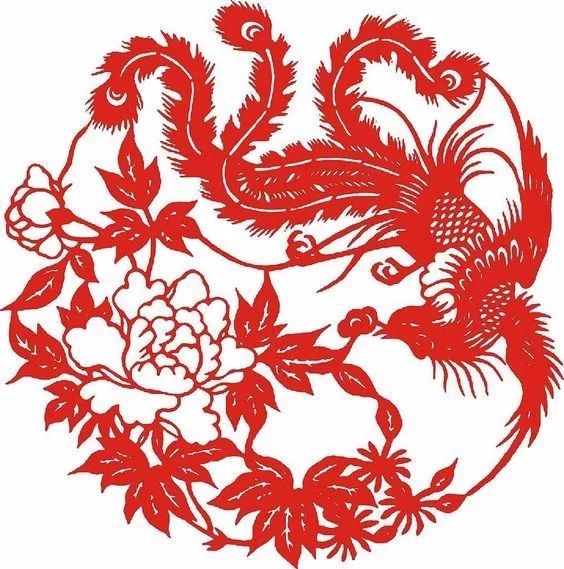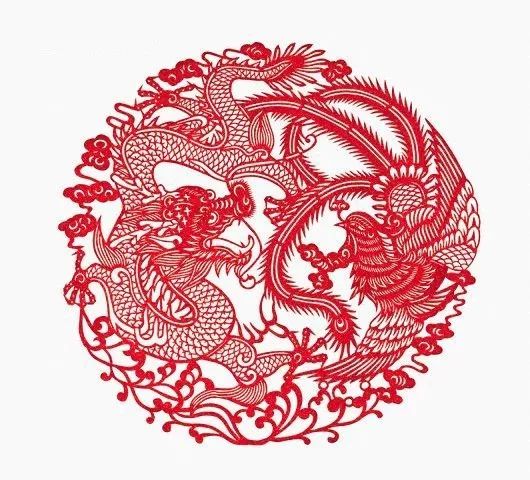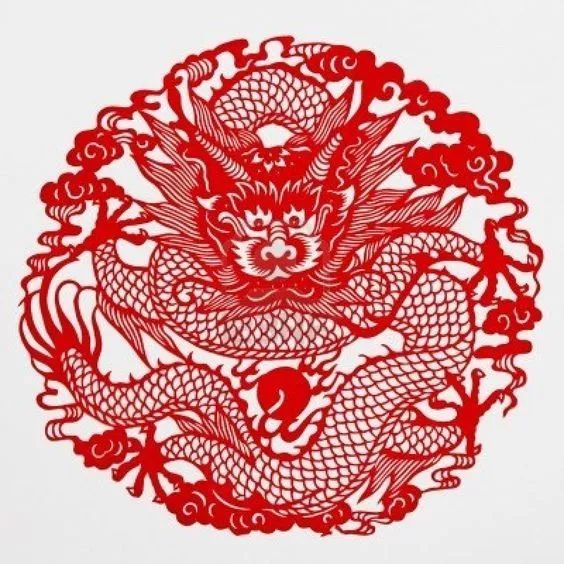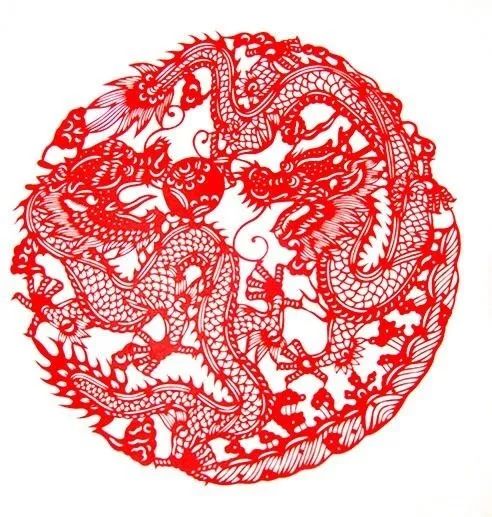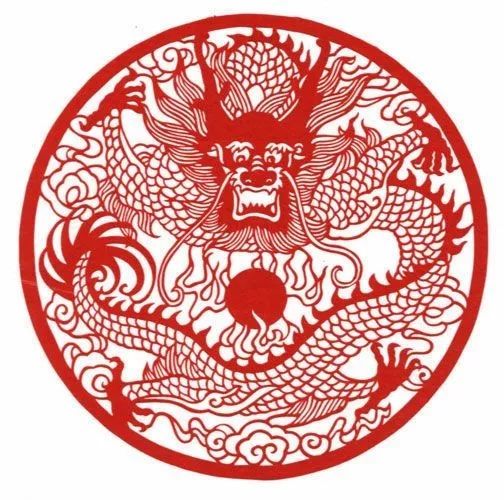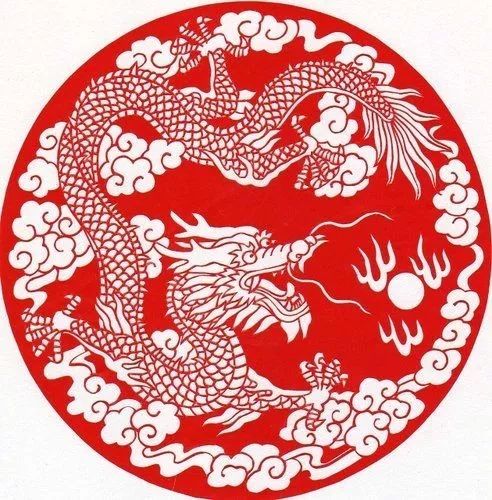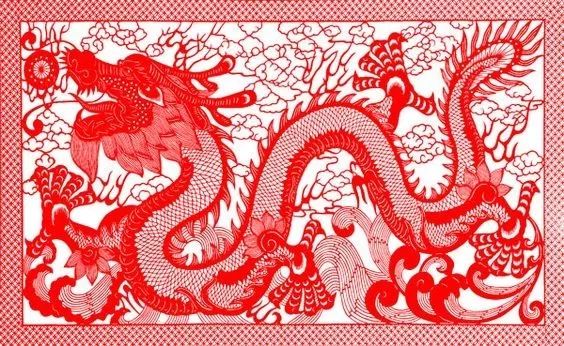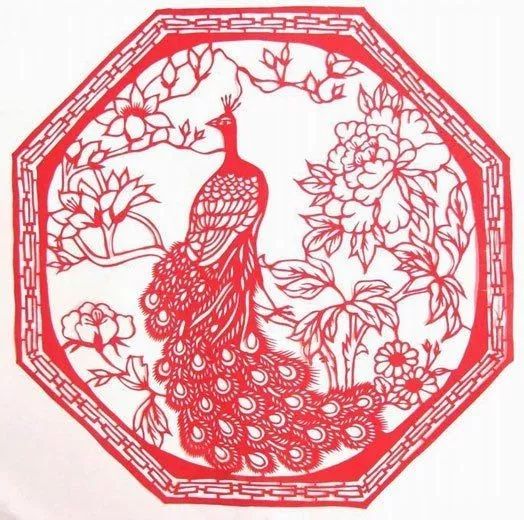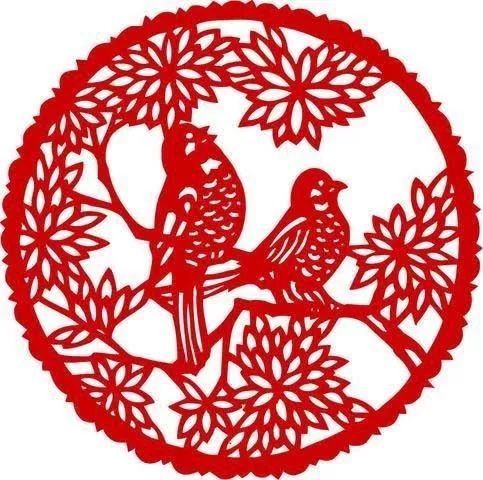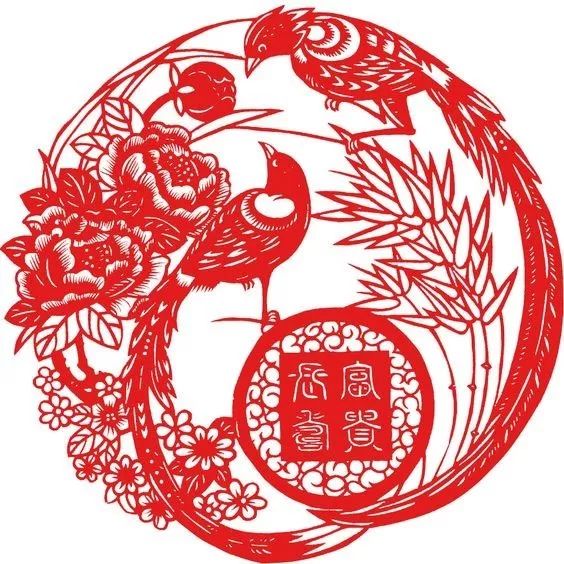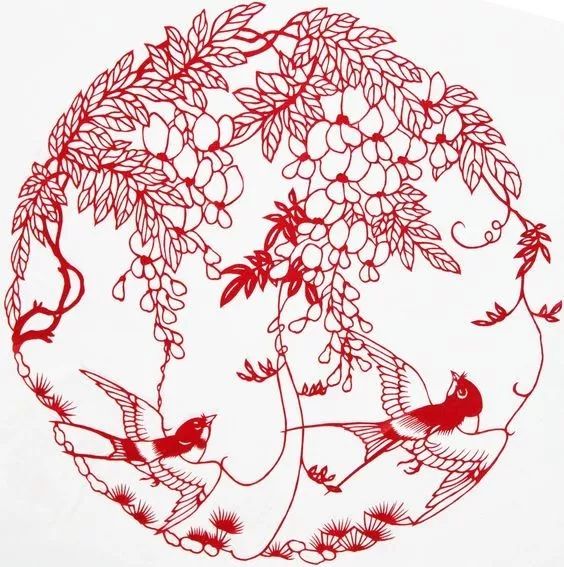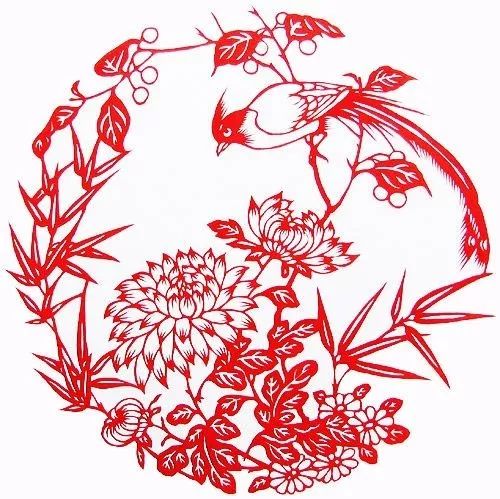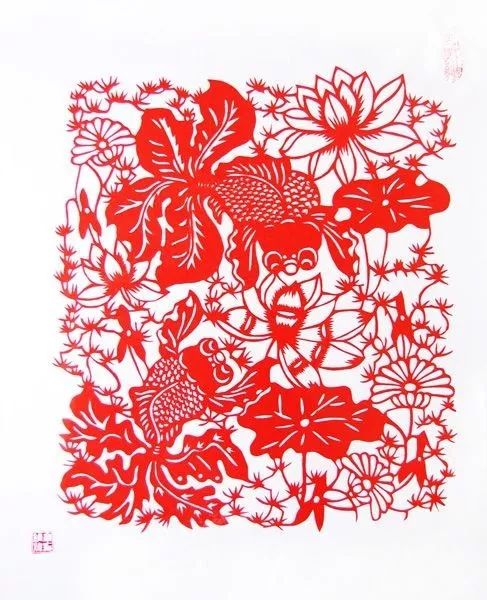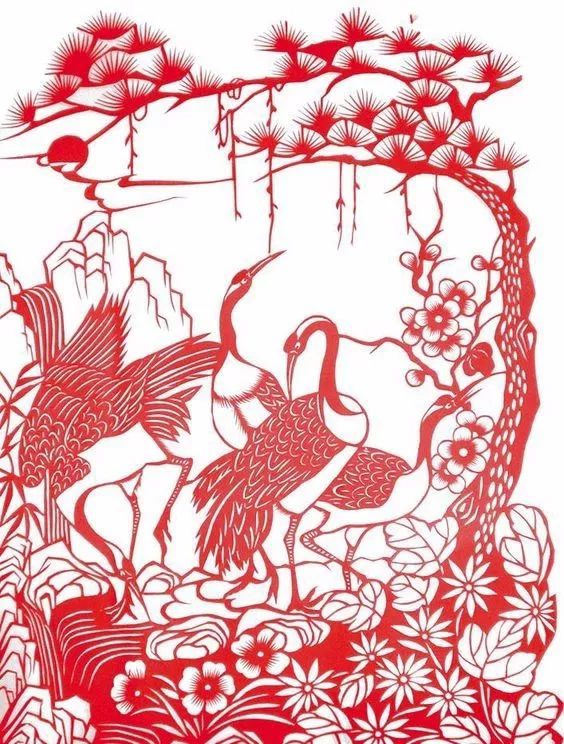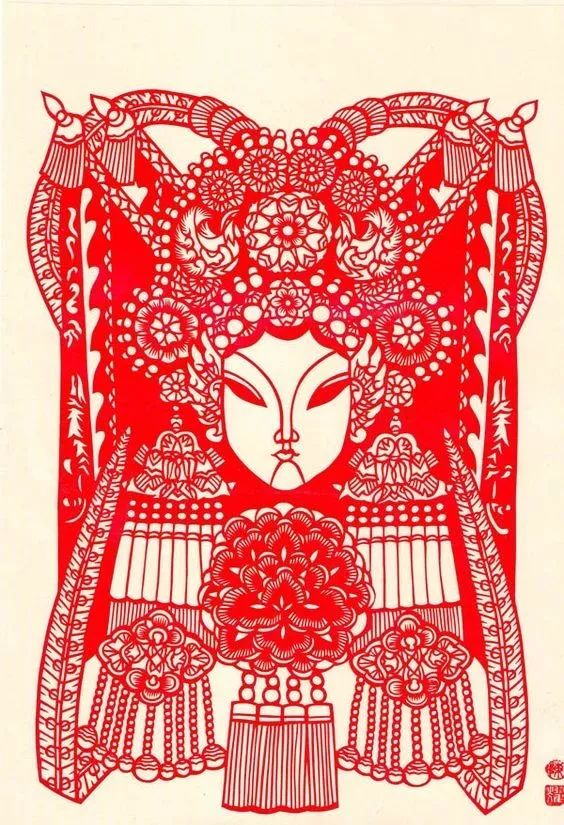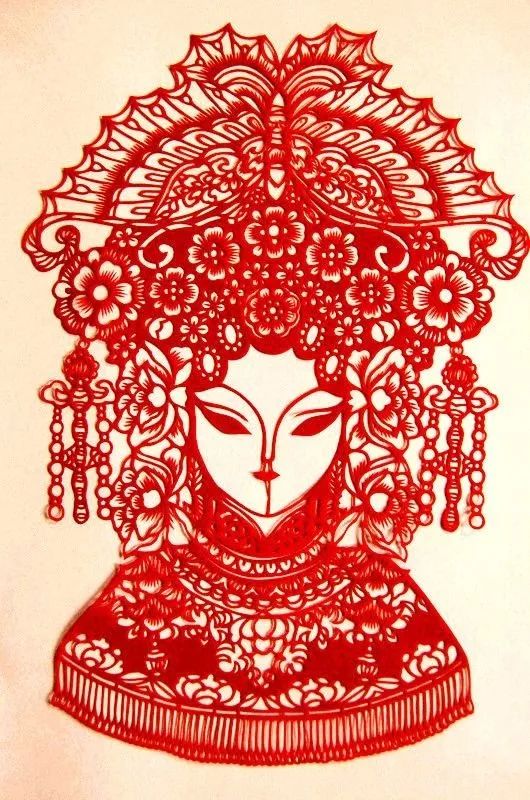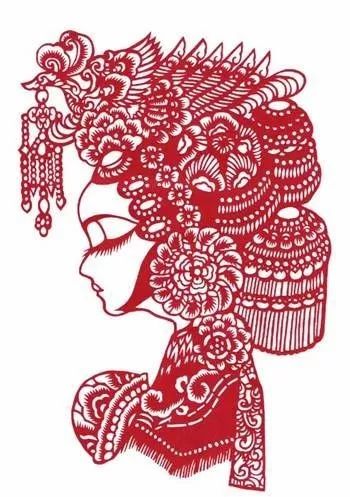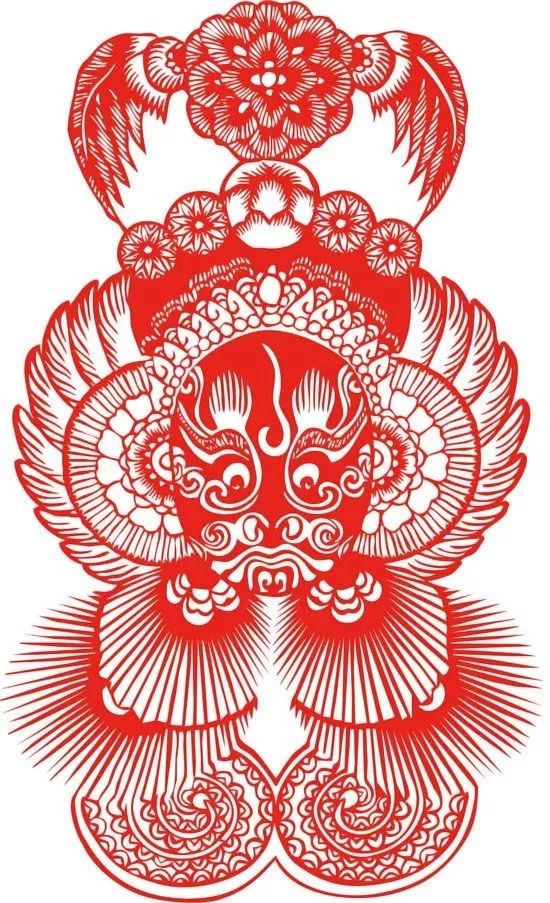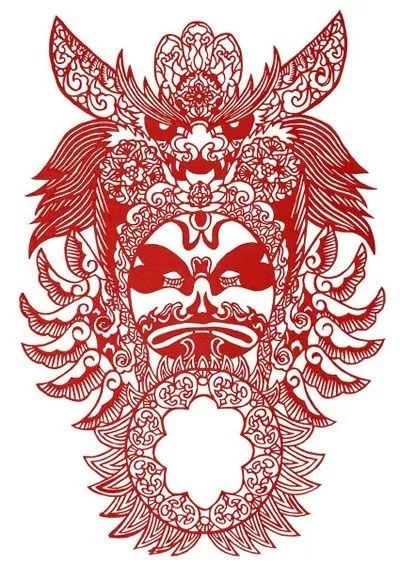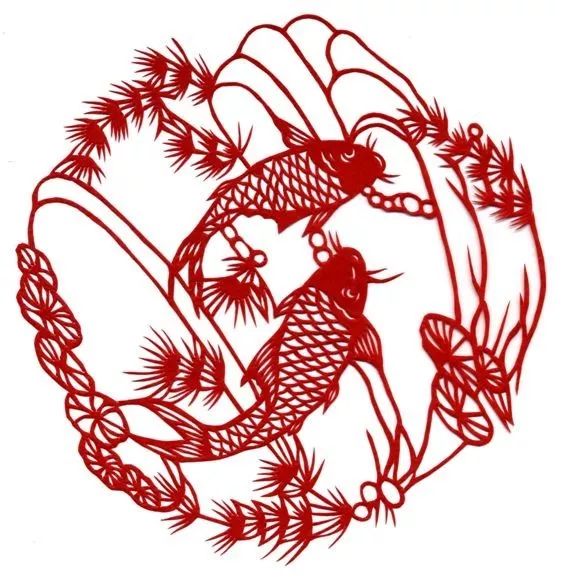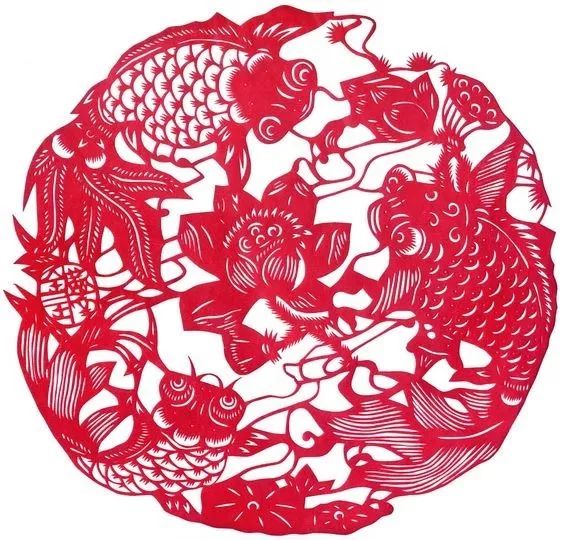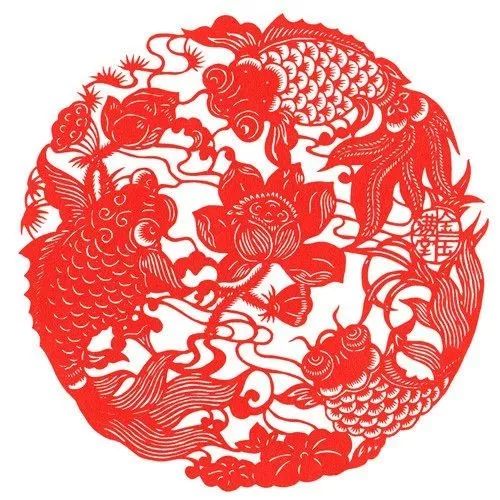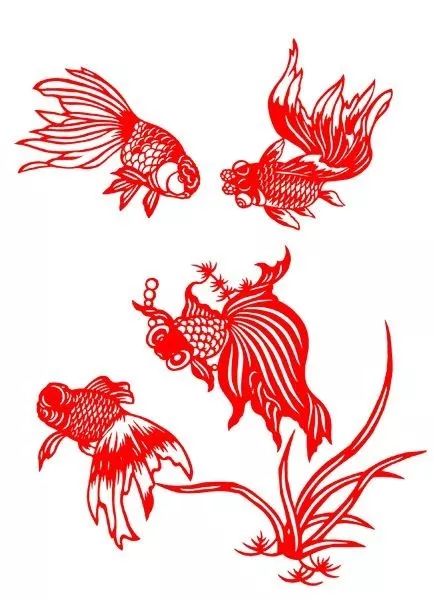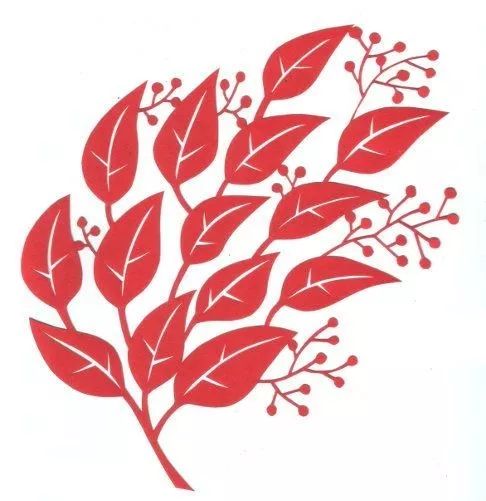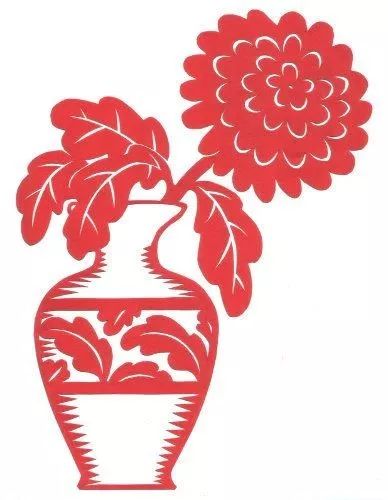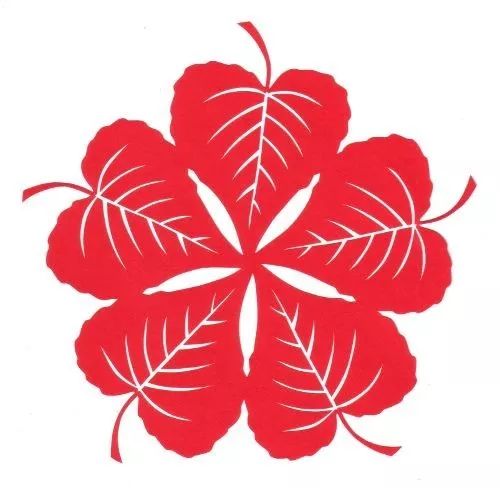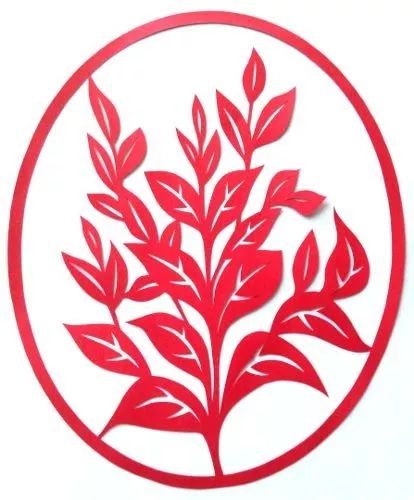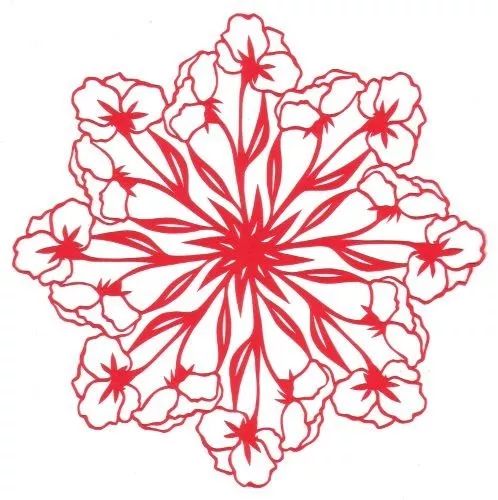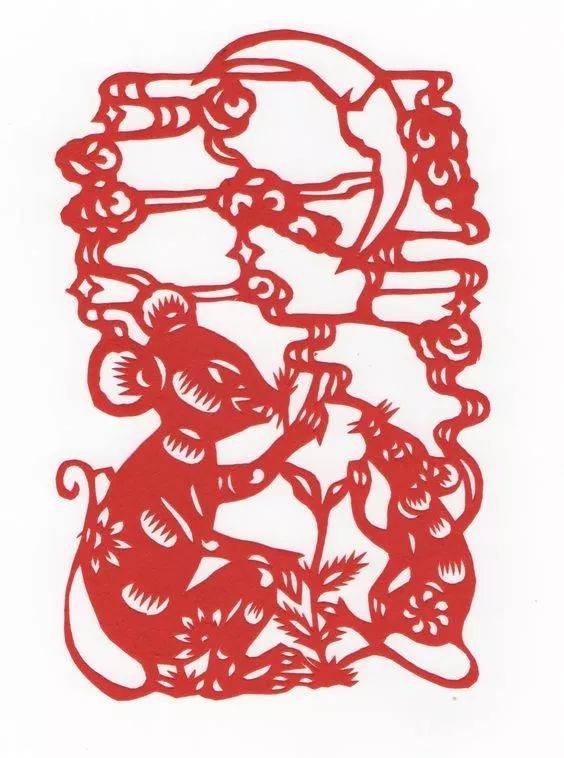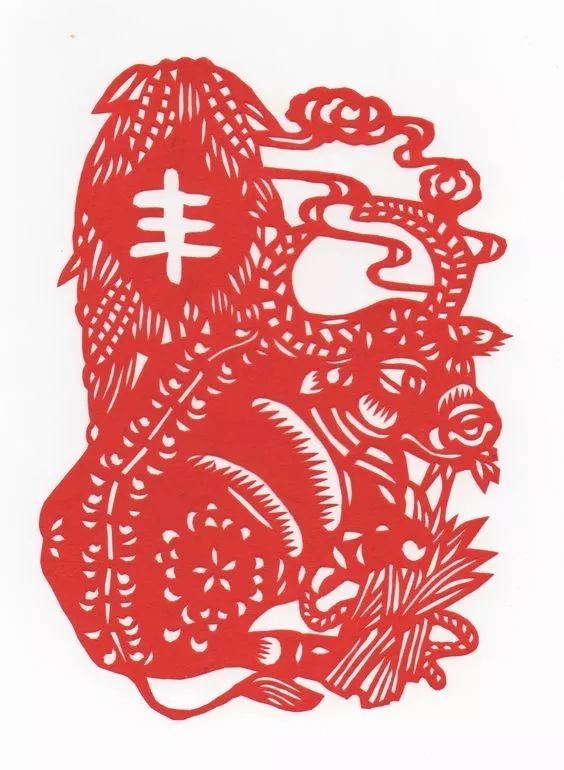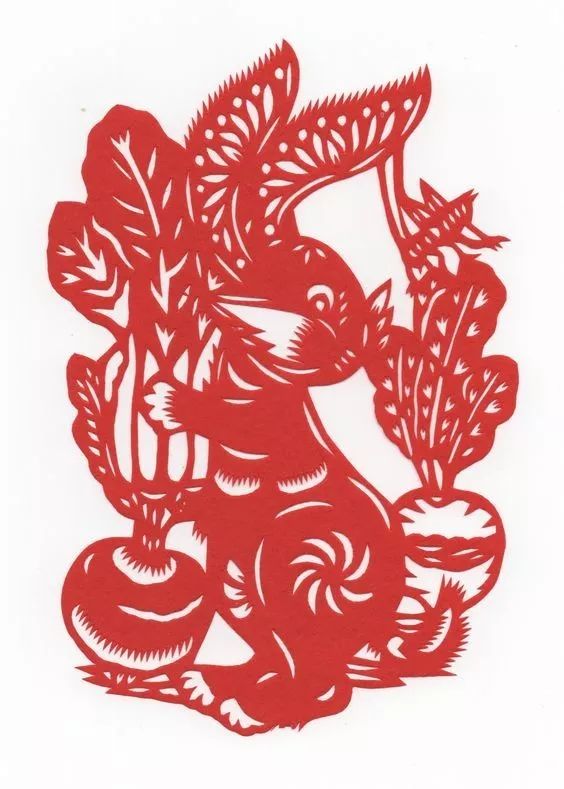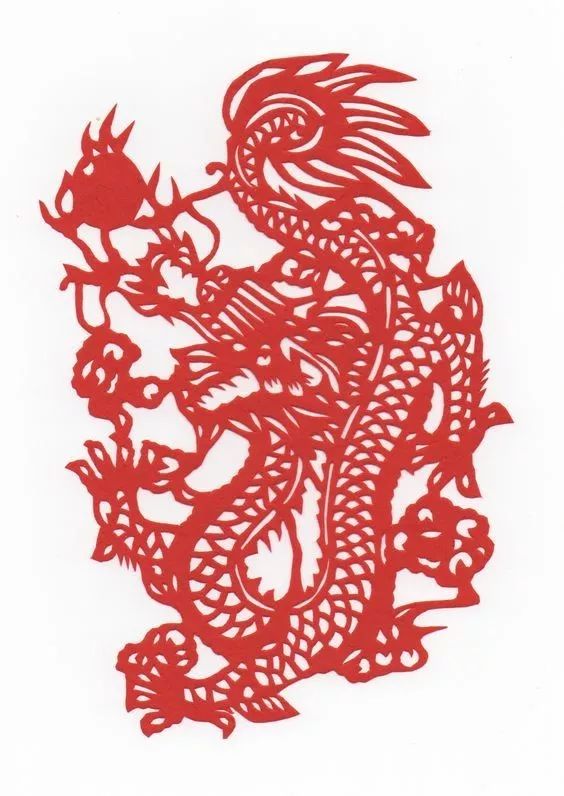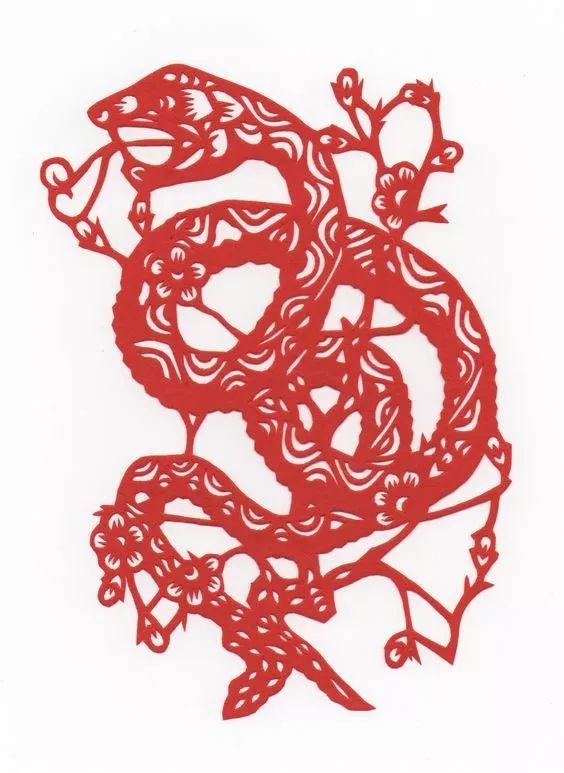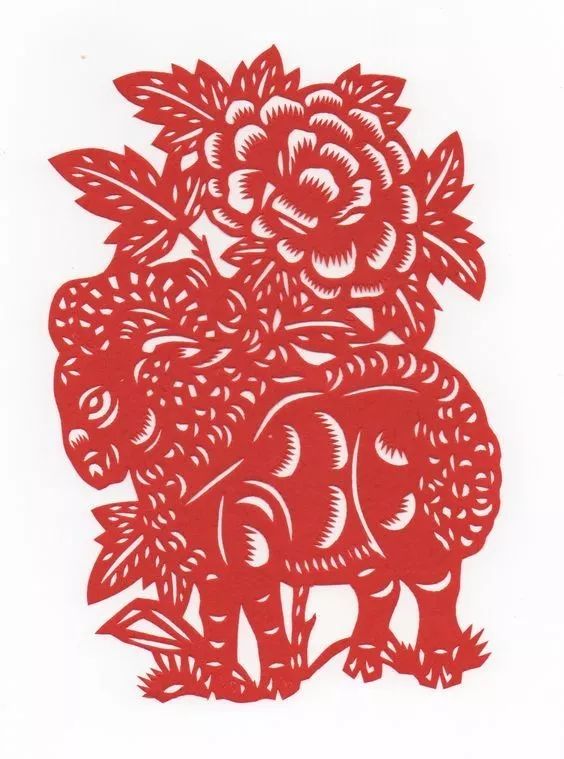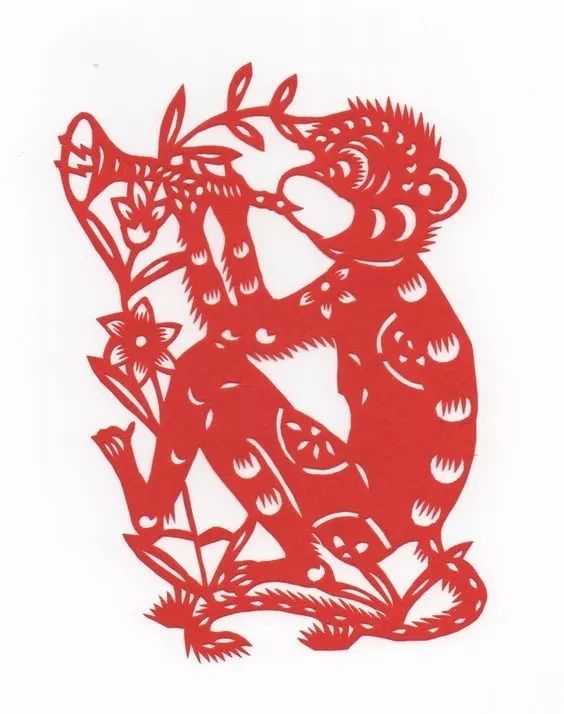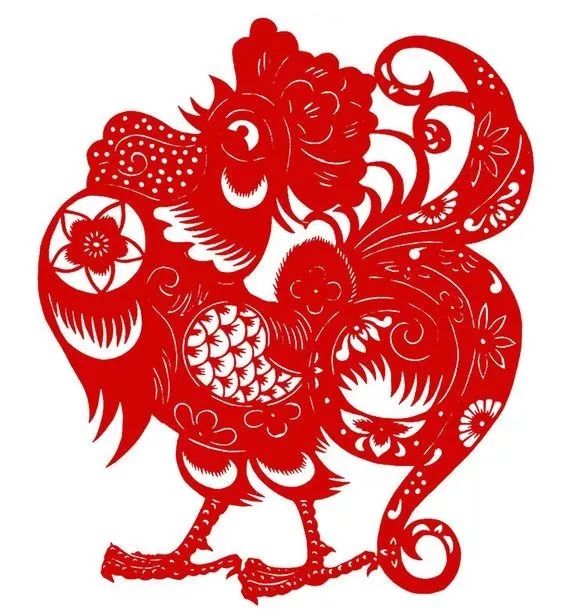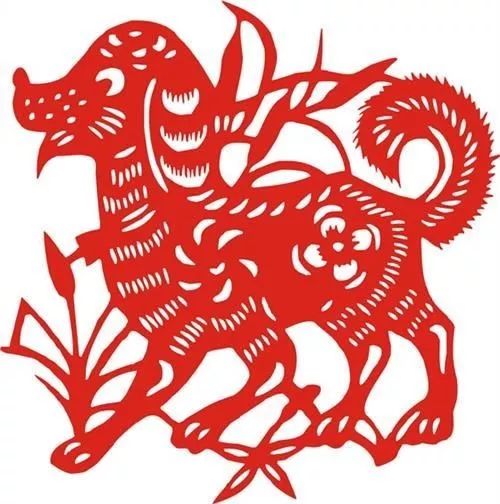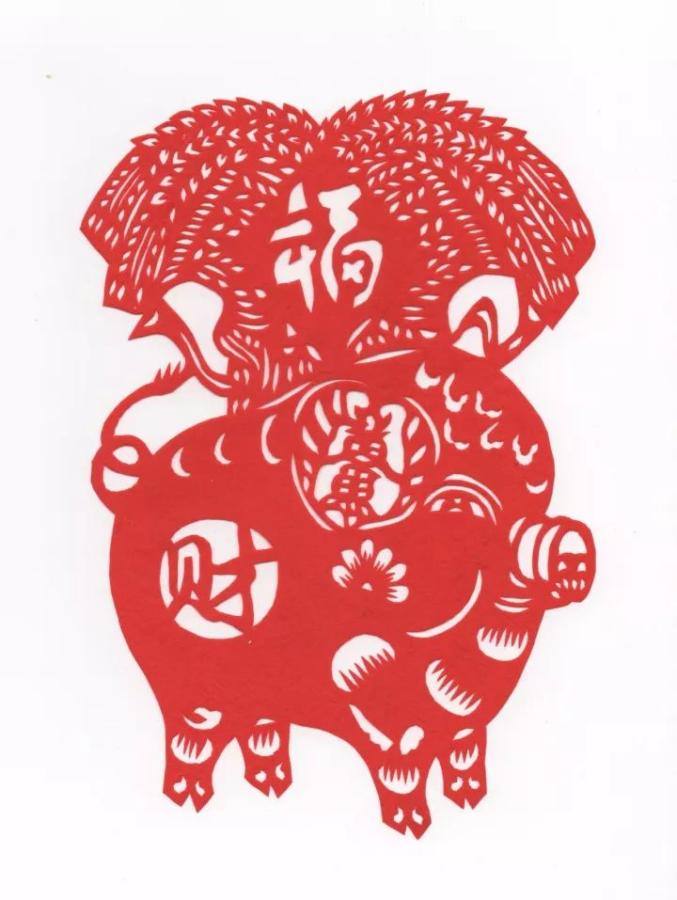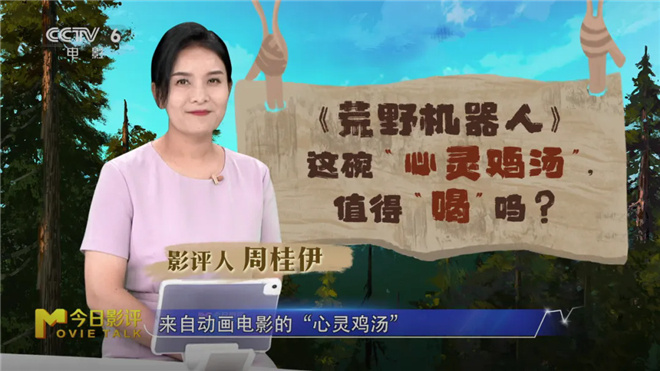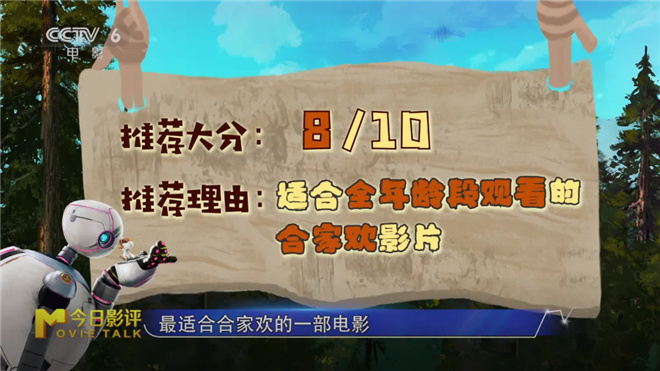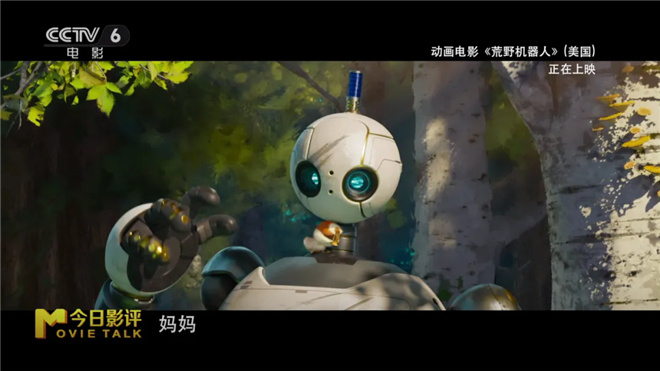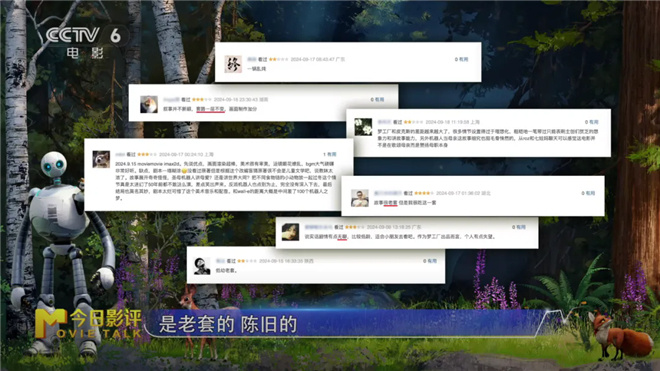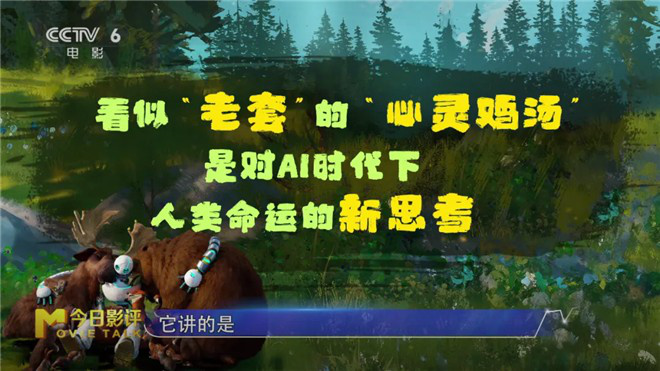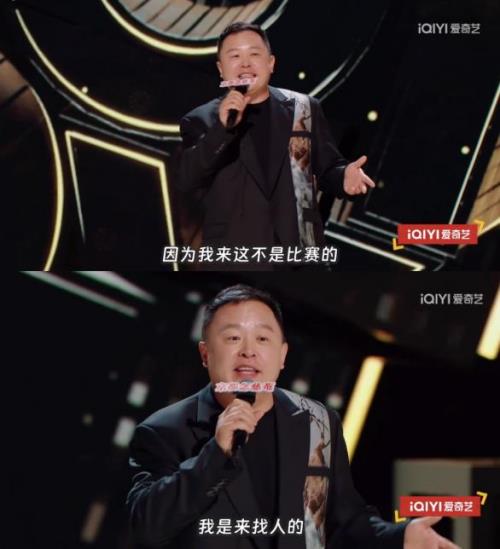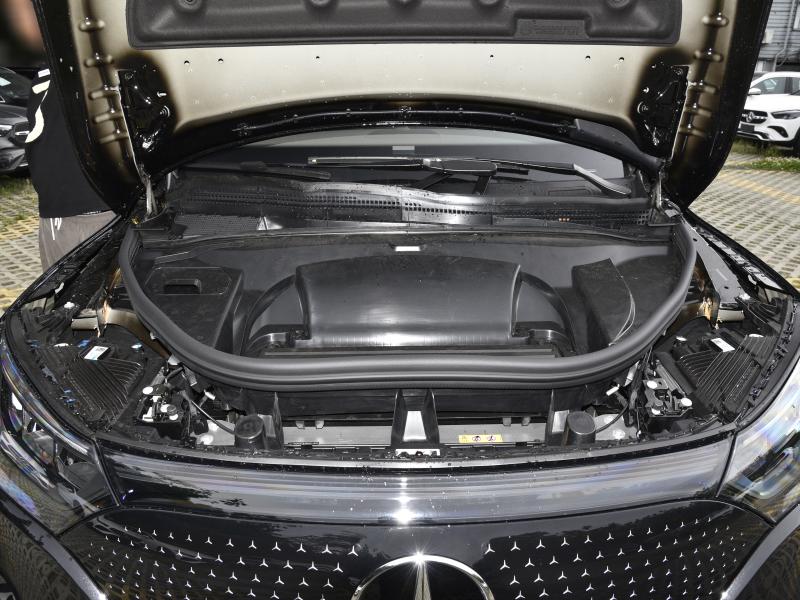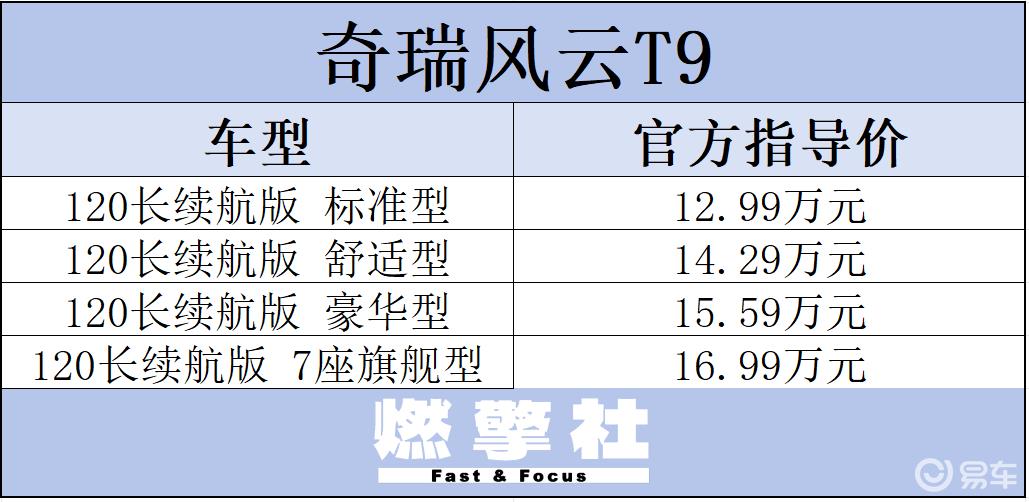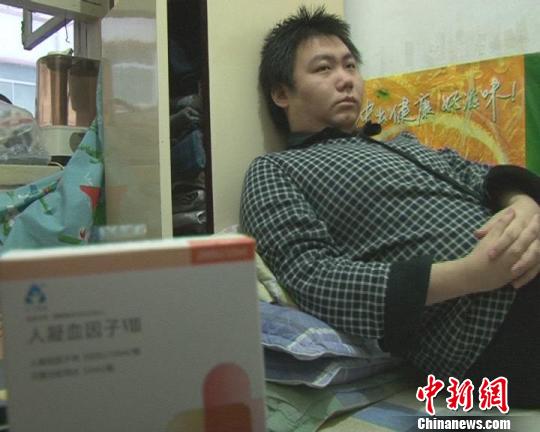
BEIJING, Beijing, April 18 (Lv Chunrong) There is such a group whose life is particularly fragile. Since childhood, they can’t stand bumps and bumps. A small wound may cause bleeding, and changing a tooth may even be fatal … … They are hemophiliacs, also known as "glass men".
April 17th is World Hemophilia Day. Recently, public opinion has once again focused on this group. What does it mean for a family to have a hemophiliac? How should hemophiliacs live? How to make the life of "Glass Man" no longer "fragile"? These are worthy of social attention.
"The birth of a child brings bad feelings."
Two years ago, Sun Ke, an electrician in a shopping mall in Chongqing, and his wife had the crystallization of love, and her wife gave birth to a son for him.
Last June, a little naughty son was admitted to the hospital because of excessive bleeding. In the hospital, Sun Ke’s son was diagnosed with hemophilia. Looking back now, Sun Ke said that at that moment, he was stunned.
Hemophilia, as a rare disease, has a low incidence. Wu Runhui, chief physician of the Hematology Cancer Center of Beijing Children’s Hospital, told the reporter of Zhongxin. com (WeChat WeChat official account: cns2012) that the incidence of hemophilia in children is almost the same all over the world, with one or two out of about 10,000 people. According to the population base, there are about 100,000 patients in China.
His own child has become one of these 100,000 people, and this reality once made Sun Ke unacceptable. In Sun Ke’s view, before the child was diagnosed with the disease, he had a house and a child. He originally thought that he had a happy nest of his own, but he never thought that the plan was disturbed by a rare disease.
Accepting the reality has become Sun Ke’s only choice. Previously, Sun Ke was not ignorant of hemophilia. He knew that it was a lifelong disease, and it was difficult to treat. Patients were often very fragile. Once they were injured, they might bleed excessively, and even more seriously, they would be disabled for life.
After his son was diagnosed, Sun Ke began to take the initiative to learn all kinds of knowledge about hemophilia and join the circle of hemophiliacs.
"Fortunately, my son’s illness was discovered early. As long as he insists on playing the factor in the future, his son can still grow up healthily like a normal person." Sun ke said.
Sun Ke’s "beating factor" refers to the infusion of exogenous coagulation factor preparation, which is the main method to treat hemorrhage in hemophilia patients at present.
But soon, Sun Ke had a deeper understanding of the difficulties in the treatment of hemophilia. For his family, the first difficulty was the high treatment cost.
"A domestic coagulation factor costs several hundred yuan, and an imported one costs one or two thousand yuan." Sun Ke said that his child was given more than 1,000 yuan of injections, and he had to take four injections a month. Although medical insurance can reimburse 70%, it also needs thousands of yuan of treatment expenses a month.
However, the real problem does not stop there. "As the child’s weight increases, the dosage will continue to increase and the cost will continue to rise, but that’s it. I still hope that the child will grow as tall as possible and the healthier the better." Sun Ke said that every parent wants his child to become a dragon, even if his child has a rare disease.
Sun Ke said that his greatest wish is to do his best to make children grow up healthily, live a dull life, and live one day at a time.
"I would rather divorce than give up my children."
Because of the child’s illness, the life of Sun Ke’s family is doomed not to be too dull. Sun Ke’s wife is currently a full-time mother at home, and her main job every day is to take care of the children carefully.
Because of the difficulty of treatment, in many families with hemophilia, there are also cases of choosing to give up conventional treatment and have another child.
Tamia Liu, a 25-year-old Guizhou hemophilia patient, was in poor health since childhood, but he was not diagnosed with hemophilia until he was 19 years old. Although his parents didn’t completely give up his treatment, they would spend thousands of dollars on medicine regularly, but the high treatment cost made his parents powerless. Tamia Liu understands this very well. "I only want to play the factor when the disease is particularly serious, otherwise I can only endure it silently because I don’t want to bring more burden to my parents."
The present situation of Tamia Liu is not what Sun Ke wants to see. For Sun Ke, although the economic burden may be heavy if he continues to treat his children, the psychological burden will be even heavier if he gives up his children. "I’d rather get divorced than have any more children. Since you have such a child, you have to face him and it is your responsibility to raise him. "
However, the reality is often more cruel. Just relying on routine treatment like Sun Ke’s children can’t completely guarantee that patients can grow up like normal people.
It is understood that the current treatment plan for hemophilia in China is mainly "on-demand treatment", that is, the factor is given after bleeding. However, if hemophilia patients are not treated in time and effectively after bleeding, it is very likely that joint deformity will occur, resulting in lifelong disability and even life-threatening.
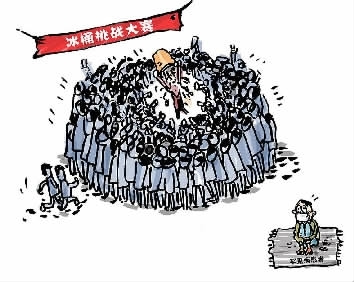
In Sun Ke’s view, at present, children can only be treated on demand, and in the future, if conditions permit, they will also be given preventive treatment, that is, regular injections of coagulation factors.
Today, in addition to the child’s medical expenses, Sun Ke has to pay a mortgage of more than 2,000 yuan every month. According to Sun Ke, in order to treat his children, he now takes on more jobs when he is free.
Sun Ke said, "Lazy people will let children stop taking medicine, and there is no hurdle. Nowadays, in many ‘ Old blood friend ’ With your help, my heart is stronger and I will stick to it. "
"Life-saving treatment costs at least 60,000 to 70,000 yuan a year."
Guan Tao, an "old blood friend" mentioned by Sun Ke, a hemophiliac and president of China Blood Friends Home Association, is one of them. Guan Tao, 45, has been in a wheelchair for more than 30 years. Over the years, he has been in a wheelchair to participate in public welfare activities all over the country, helping many hemophiliacs.
It is understood that China Blood Friends Home was established in September 2000, and it is a non-profit organization for hemophilia patients. All the leaders of this organization are patients with this disease or their families. At present, the number of patients registered in this organization has exceeded 5,000. "Home of Blood Friends" was registered in Beijing Civil Affairs Bureau in February 2012, and the organization name was Beijing Home of Blood Friends Care Center for Rare Diseases.
Committed to hemophilia public welfare work for many years, Guan Tao is most proud that hemophilia is the only rare disease that has been included in the national medical insurance policy. In Guan Tao’s view, many rare diseases have treatments, but the medicine costs are relatively expensive. For patients with lifelong diseases, it is impossible to pay by themselves, and many of them can only give up.
Although hemophilia treatment costs can be reimbursed, reducing the financial burden of patients, however, some problems are still very serious.
"The government has the responsibility to manage it, and it is also in charge now." Guan Tao said that the cost of treatment varies from place to place. In a better place, the cost of life-saving treatment for an adult patient is at least 60,000 to 70,000 yuan a year, but now the national average reimbursement range is between 50% and 70%, that is, patients still have to pay 20,000 to 30,000 yuan out of pocket, and many patients’ families still can’t afford it.
In addition to economic problems, hemophiliacs will face various problems in their lives. In Guan Tao’s view, because this disease is a lifelong disease, patients have different difficulties at different stages. For example, children will face diagnostic problems when they are born, and parents will lack treatment knowledge. Subsequently, it will also face the problem of how to reimburse and the problem of drug purchase. In addition, problems such as schooling, employment and marriage also exist in reality.
"Nowadays, there is a reality that many hemophiliacs in China are disabled and leave school very early." Guan Tao said that after all, without a sound body, knowledge and education, it is difficult to have the skills to integrate into society, and marriage and employment are bound to be affected.
At present, Guan Tao’s non-profit organization has carried out a series of work. According to reports, on the one hand, they carry out relief work, in addition to drug relief, there are also financial assistance, and the funds they operate are several million yuan. At the same time, they will also help their patients find jobs. They had previously cooperated with Alibaba Cloud Customer Service and sent more than 300 patients to work last year. In addition, they will also carry out online and offline education to promote some popular science knowledge to patients and the public.
"They live too heavy, and society should not discriminate."
Obviously, the road to treatment for hemophiliacs is not smooth, with late diagnosis, expensive medical treatment and discrimination. These are the real problems before them.
According to media reports, there are nearly 100,000 hemophiliacs in China, but only about 1/10 of them are registered in 43 hemophiliacs clinics nationwide. This reflects that most hemophiliacs in China are diagnosed late at present, which means that many patients are in danger of disability.
Dr. Wu Runhui said that the earlier the diagnosis and treatment of hemophilia, the better. Otherwise, the patient may miss the best treatment period because of misdiagnosis, making the patient disabled or even killed. However, even in developed countries, the disease is difficult to be diagnosed in the neonatal period. "On the one hand, the public awareness is not enough, and they are not aware of the existence of this disease; On the other hand, this disease was originally a genetic disease. Although there is a certain possibility of genetic variation, it generally depends on heredity, and no relevant screening was carried out before birth. "
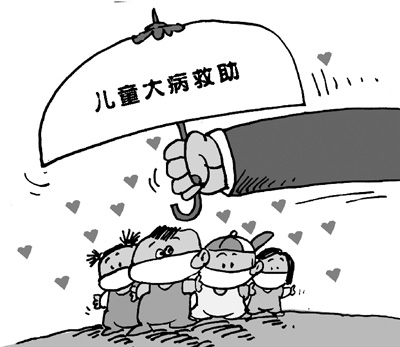
On the one hand, it is difficult to diagnose, and on the other hand, it is expensive to see a doctor. At present, although hemophilia is included in the scope of medical insurance reimbursement, it is also difficult to reimburse in some places.
"For example, hemophilia ‘ Preventive treatment ’ , many places see ‘ Prevention ’ The word "two words" will not be reimbursed, which is actually due to translation problems. " Wu Runhui said, "Compared with ‘ On-demand treatment ’ The regular injection method adopted for preventive treatment is safer. "
However, in addition to illness, social discrimination has also increased the burden of many patients. Wu Runhui said, "This disease is actually not terrible. If patients are treated normally, they can be normal people and return to society. If they are not treated, it may be a heavy burden to society. Before, even some universities were unwilling to accept these people, but in fact, patients now have safe medication as a guarantee and receive normal treatment, and there should be no discrimination in this respect in society. "
Wu Runhui said that some hemophiliacs live a heavy life, and social discrimination makes some patients afraid to explain their illness, which makes them more dangerous. Society should be more tolerant and let these "glass people" integrate into society, so as to really help them.
Guan Tao also appealed that the current society can’t talk about "concern" about this disease, but only "know" at most. Only when the public really pays attention to this rare disease can we better help and care for this special patient group. (At the request of the interviewee, some characters in the text are pseudonyms) (End)
